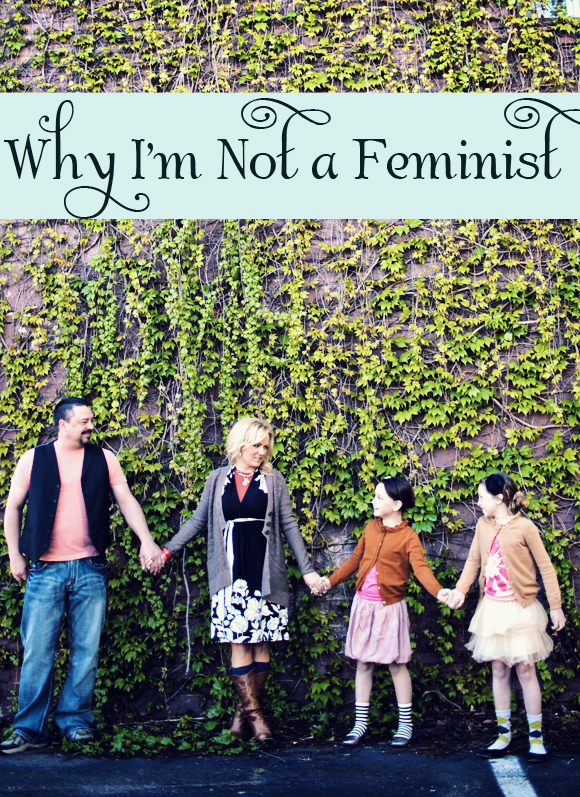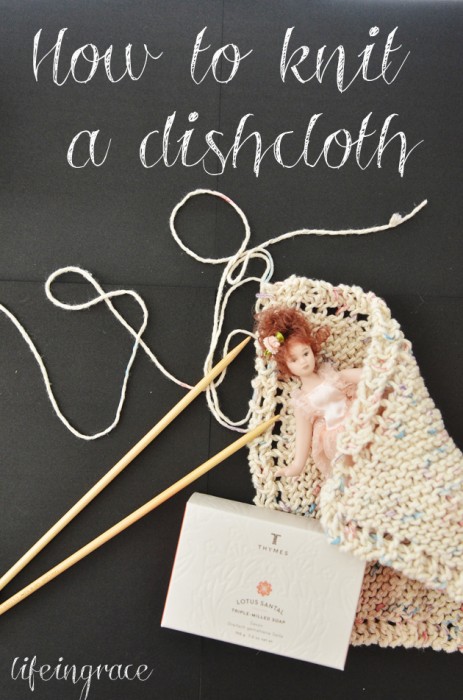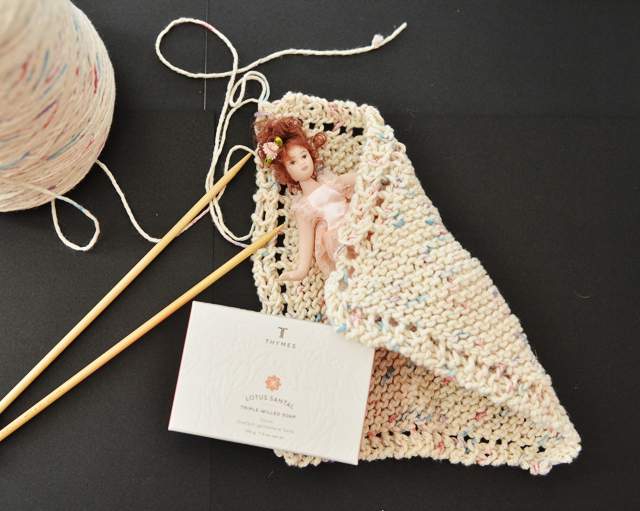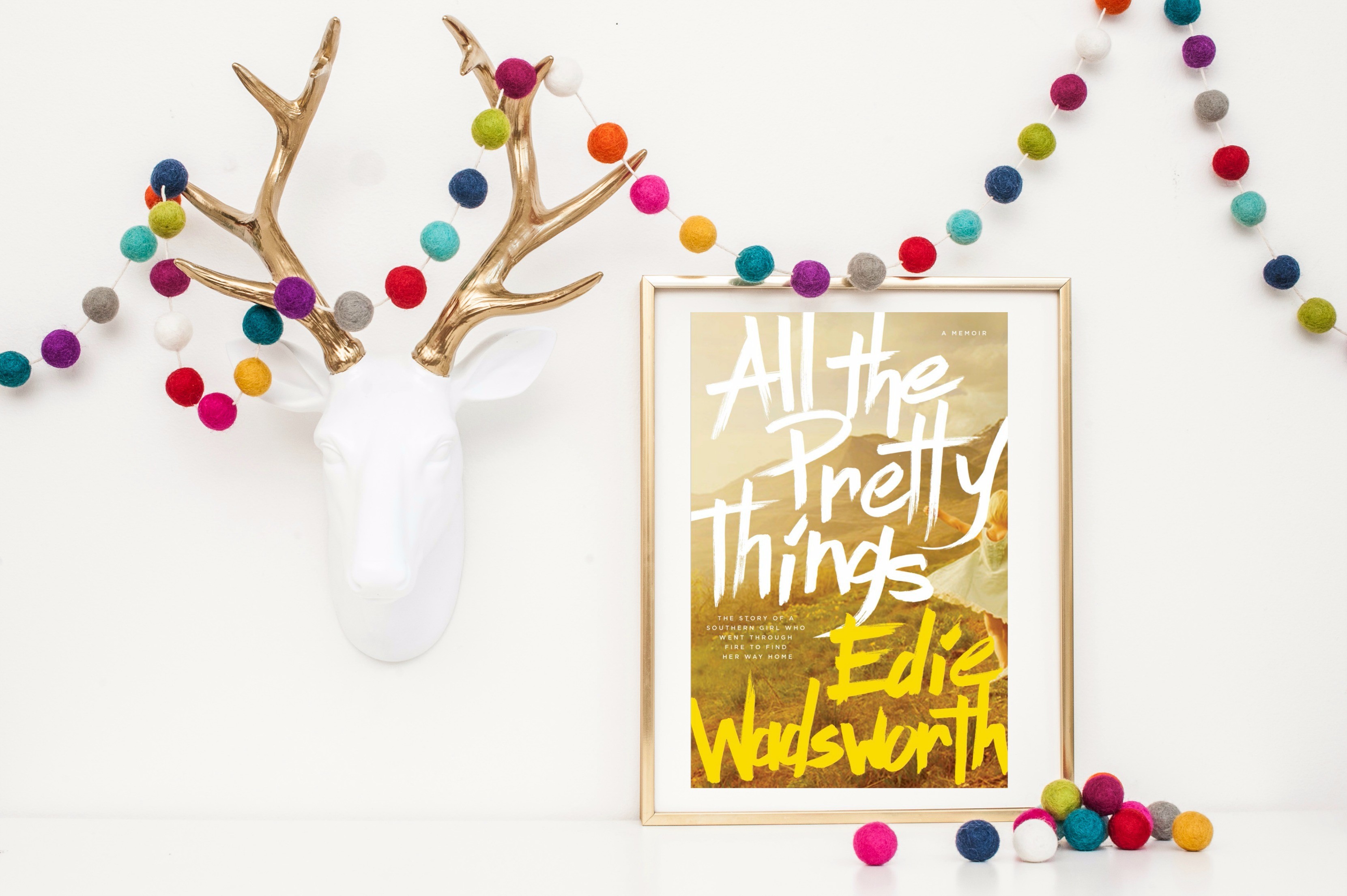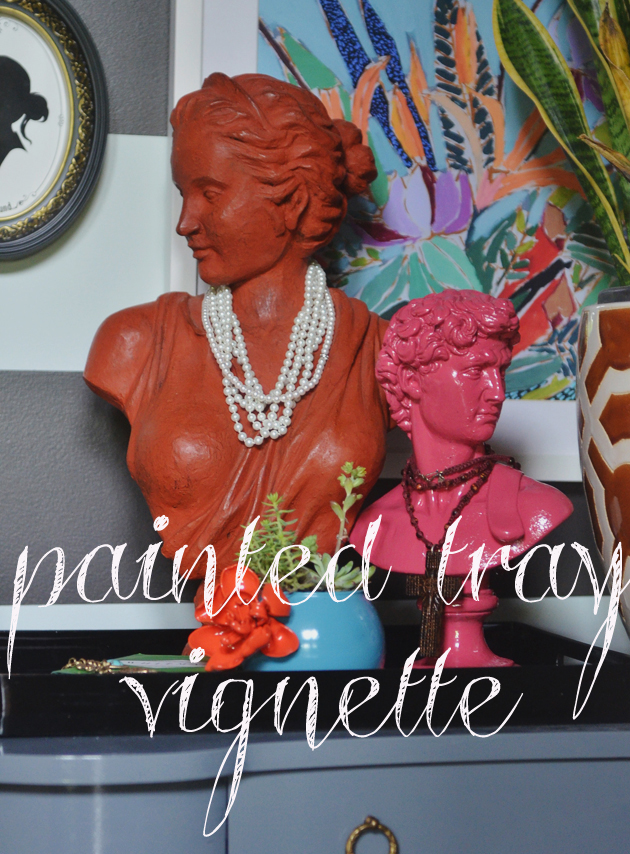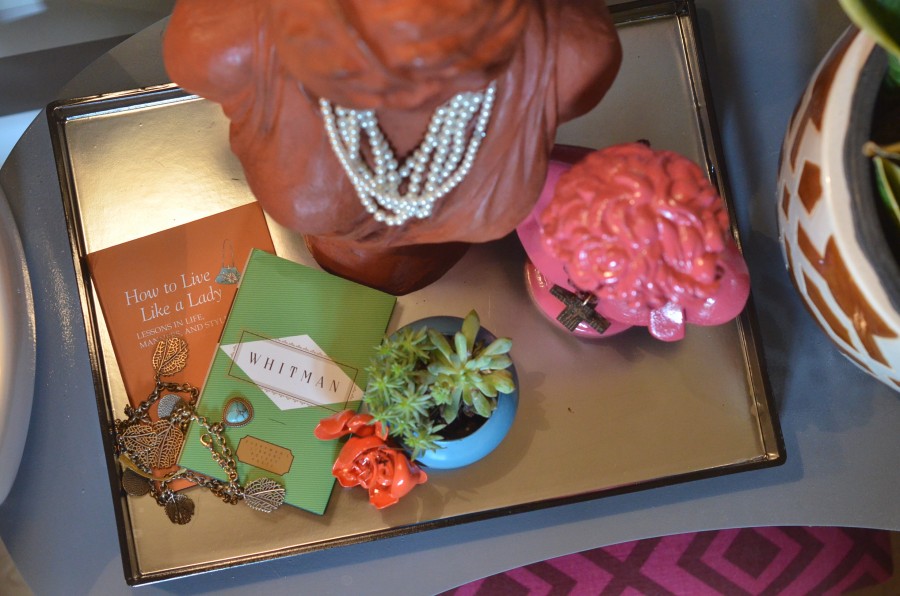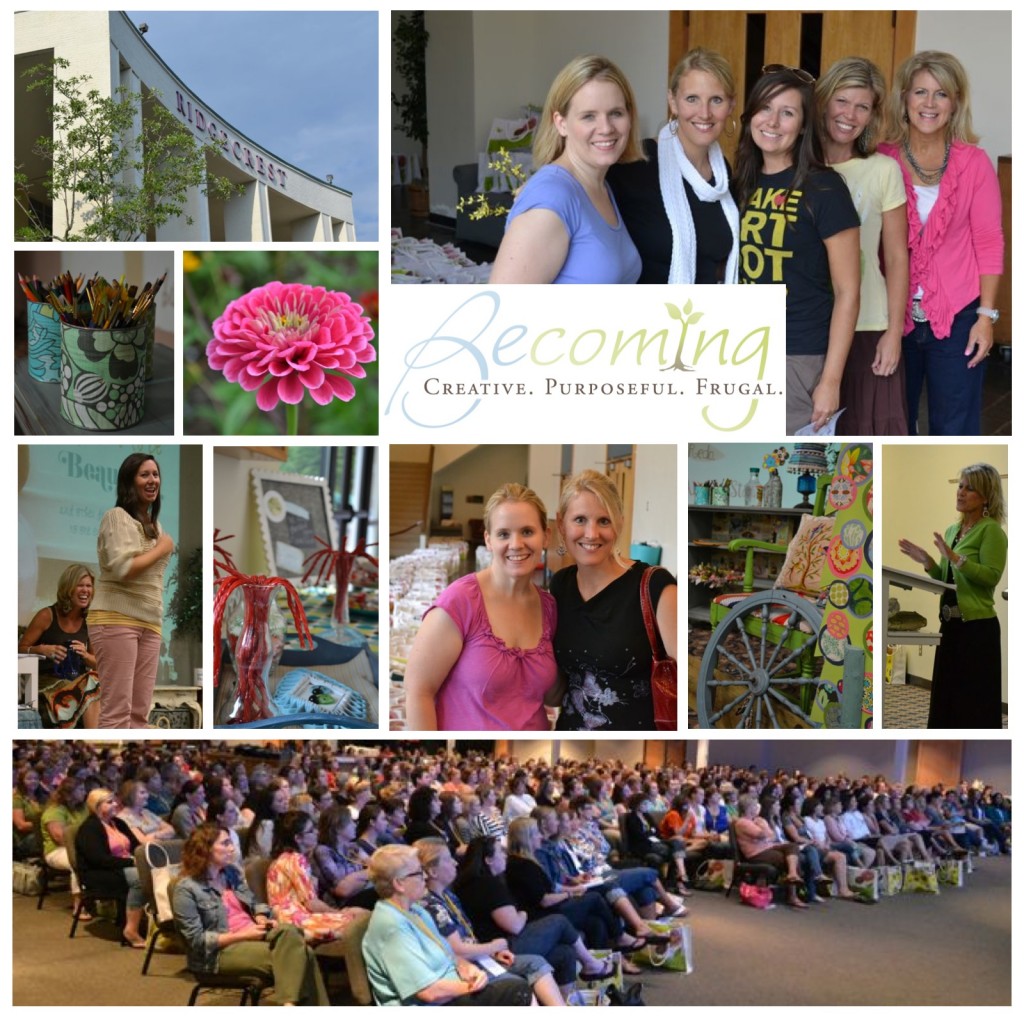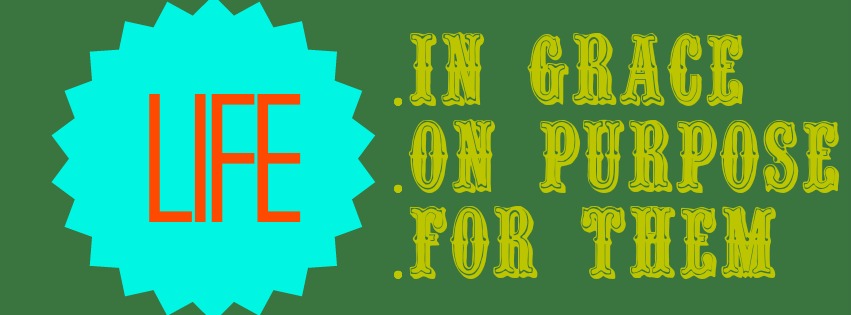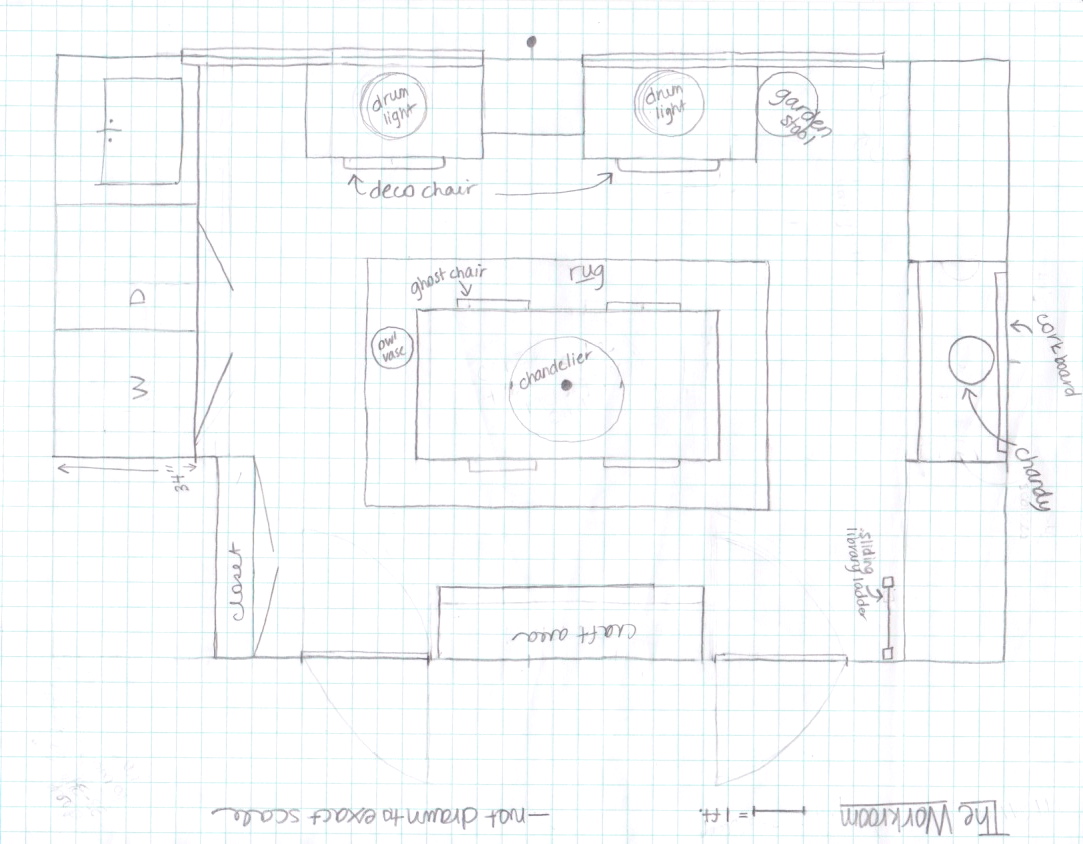I appreciate how so many of you have joined in this very important conversation. I would ask kindly that you read the post in its entirety before commenting. My words have been misconstrued in some cases to say things that I did not say. Where I have felt misunderstood, I have added or reworded a few things to clarify them. I welcome honest disagreement and dialogue but please be kind and respectful of others. This essay has been in my drafts for four weeks. I have prayed over it, researched, read, wrote, rewrote, deleted, agonized, soul-searched, etc, ad nauseum. I let it simmer in my heart a long time before I shared it because words on a page have power and I want to tread lightly and with fear and trembling, especially when dealing with the hearts of my sisters. I love you all and am thankful to share life with you, even the messy parts.
Early last year, I started writing a book called Why I’m Not a Feminist—a book I’ve since completely abandoned— about women and their place in the postmodern world and church. I read voraciously about the vocation of woman, mother, and wife. I listened to countless podcasts from biblical scholars on the topic. I read at least 20 books on the subject. I thought that my perspective might lend something valuable to the discussion.
Here’s why. I was raised by strong women, went on to join the ranks of the male-dominated world by becoming a medical doctor, and then totally abandoned all that after a life changing epiphany that had me yearning to be home. I began homeschooling my girls, taught myself to cook, took to the domestic arts like nobody’s business, and fully embraced the often ridiculed ‘traditional’ role of wife and mother. My decision affected a lot of people. It changed everything about the way I had lived my life up to that point. If I’m honest—it changed everything about everything. But something that had always been off-kilter in my heart, slowly slid into place.
I had come home, in every perfect sense of the word.
I realize now that homecoming is a process mostly of the heart and it is often fraught with pain. My homecoming brought me home, literally, for a time, but sometimes, homecoming means we have to go to work to help feed our families or maybe it means we start a new company or launch a new blog or a build a well in Uganda. Sometimes, it means we must come to terms with loss, death, infertility, illness, and heartbreak of every kind. Homecoming looks different for everyone, but at its essence, it’s that point in your life when you find your real, true self—when you accept your vocation in life and settle into who you were made to be. I read The Odyssey last year and learned a lot of things about homecoming; namely, that it will break your heart. Odysseus came home and all hell broke loose. He had to fight a hard battle to take his life back. Not the mention the years he spent as a captive on the island of the sorceress, Circe, who finally let him leave to find his wife and son. My ten years of wandering were finally over too and maybe the sorceress that held me captive was feminism, with her lies of how I could have it all, how I was the same as a man, and how I should be free from the constraints of living the traditional role of mother and wife. It took me a while to make peace with my demons—to realize that the work I was doing every day was valuable and eternal. Some days, I still fight to see the joy but I don’t feel conflicted about my role anymore. I looked the “s” word square in the face and didn’t have any angst. I fully embraced the beauty of what I was made to do. If nothing else, all my reading and soul-searching and contemplation had finally left me comfortable in my own skin. C.S. Lewis was right,
“Your real, new self (which is Christ’s and also yours, and yours just because it is His) will not come as long as you are looking for it. It will come when you are looking for Him.The principle runs through all life from top to bottom. Give up yourself, and you will find your real self. Lose your life and you will save it. Submit to death, death of your ambitions and favourite wishes every day and death of your whole body in the end. Submit with every fibre of your being, and you will find eternal life. Keep back nothing. Nothing that you have not given away will be really yours. Nothing in you that has not died will ever be raised from the dead. Look for yourself, and you will find in the long run only hatred, loneliness, despair, rage, ruin, and decay. But look for Christ and you will find Him, and with Him everything else thrown in.”
I stopped trying so hard to grab for my own part. I’m finally learning what it means to lay down my life for others. The paradox is—in this surrender, I have found my sweet spot. The intimacy of this prolonged togetherness with my family has exposed every frail part of me and has left me completely undone—which is precisely the place Christ can finally do His work of remaking me. In the end, all the things I thought I was giving up were only obstacles to the real work He needed to do in my heart. Those words ring in my head, “Nothing that you have not given away will really be yours.”
Which brings me back to feminism. It bothers me. Aren’t we just grabbing for our own part? Aren’t we missing the greater story? Aren’t we seeing the fleck in someone else’s eye while we walk around with logs in our own? Those are the questions that keep me awake at night.
I abandoned the writing project I mentioned above because the idea of womanhood seemed somehow settled in my mind. I hadn’t even really thought of it much, until about a month ago, when I discovered a genre of bloggers I hadn’t read before that call themselves Christian feminists. The old wound was resurrected. These women are smart and articulate and have powerful influence over men and women. It’s all the rage in our postmodern culture to be progressive, tolerant, and politically correct. To our modern ears, it almost sounds archaic not to agree with the feminist viewpoint. I wish for all the world I could get on board. Their arguments for egalitarianism seem so logical and measured. But after spending countless hours reading and researching and soul-searching, I’ve come to this conclusion: I believe this movement in Christianity is dangerous and subversive. I believe it has long range implications that we can’t even fathom. I wonder if it may, at its essence, be incompatible with orthodox faith—which asks us all to lay down our weapons. I believe it compromises the very Gospel of Christ and for these reasons and for the instruction and education of my three daughters, I have labored to articulate my heart on this issue. I loathe controversy so I post this out of love and duty and thankfulness, for the honor of being a woman in an often angry, postmodern, and gender neutral world. (You can read part 1 of this series here.)
************************
Marriage is a living confession of who Christ is and who we are in Him. Like we are the objects of God’s love, so He creates Eve, to be the object of Adam’s love. There was an order to the creation of man and woman. Everywhere in scripture, God is setting things in an order. The father is the head of the home, the mother is the head of the children, Christ is the head of the church, the pastor is the head of flock, the teacher is the head of the student. We are made to live in this community together, each submitting to the other in love and sacrifice. Christ came to redeem this order, not to do away with it. And though He was given all authority in heaven, how did He choose to use this headship, this authority or hierarchy He had established? He gave Himself over into death for His beloved. He yielded, He submitted, He loved, even when that love required His very life. And if Christ uses marriage as a sign of His salvation covenant to us, think of what that means for our marriages?
What is that we, as the bride of Christ, bring to the table, to this covenant of marriage with Christ? Sin, death, brokenness, rebellion, hurt, anger.
What does Christ do in this relationship? Everything.
He does everything to restore us. He loves us and woos us and sacrifices Himself for us. And then He gives us fathers and brothers and husbands to stand in His stead and love us with His love.
The marriage covenant is a confession of our faith. Sacrificial love is the cornerstone. In the podcast, The Gospel and marriage, Dr. Shadday says,
“The institution of marriage is the only thing that survived the fall. It’s the only thing we bring with us out of the garden of Eden. What God gave us in marriage was this incredible reflection of who He is and who we are in Him. And, He gave us His love which enables us to live in that relationship….If we lose the institution of marriage, we lose an intricate, important visual means of confessing our faith in the Gospel. What we seek to preserve is a reflection of the marriage covenant of salvation. This is a living confession of who we are and who Jesus is, by the way we love each other. When he creates marriage, He has in mind how He will save the world.”
But the men in our lives are the sons of Adam and they have let us down. Maybe you’re like me and the men in your life have often not been trustworthy. Maybe like me, you’ve at times been neglected and abused and used and forgotten. The sin that took the very life of Christ is still killing us today. Things are not as they should be. We want love and respect and joy and we often find heartache and loneliness and disregard. I know. I, too, have known the anguish of men without chests. But in retaliation, have we waged war in the wrong place? Have we tried to take from the culture what can only be bestowed on us rightly in Christ? Lewis says of men, in his essay on Priestesses,
We men may often make very bad priests. That is because we are insufficiently masculine. It is no cure to call in those who are not masculine at all. A given man may make a very bad husband; you cannot mend matters by trying to reverse the roles. He may make a bad male partner in a dance. The cure for that is that men should more diligently attend dancing classes; not that the ballroom should henceforward ignore distinctions of sex and treat all dancers as neuter.
Our rallying cry has been equality, as if we want to be interchangeable with men. We have watched and even cheered as the veil has been torn asunder, the veil that hides the mysteries of man and woman and their union together with God. It is all being stripped away in rebellion against gender roles and stereotypes. But the cry of every woman’s heart to be loved will never be answered by equal rights. We’ll have our part and then we’ll wonder why we’re still haunted with the old ache from the garden of Eden. Eve seized her own fragmented part, grasping and clutching for shreds of more and then was ashamed and hid herself. But that Seed—that would strike the head of the Serpent, is the fruit of her womb, her very womanhood. She was truly saved in childbearing, by the Savior of all mankind, who forgave her rebellion and her selfishness and restored her to her rightful place as the mother of all the living. (I Tim. 2:15)
We have always wanted what we do not need. God has given us everything in Christ, and yet in our broken, sinful condition, we want the forbidden fruit and we always will.
So, how do we live with each other in a way that honors the Spirit of Christ?
We live in repentance. We stop trying to get our own way. We surrender. We live in the tremendous freedom given us in the Gospel, recognizing that any boundaries placed there by God are there to protect us. We live our lives in service of our neighbor—whether that neighbor is our husband, our children, the unborn, the orphan, the widow, or the feminists that I don’t happen to agree with. Whether we work or not, homeschool or not, have children or not, we live with our hearts turned toward home, with hands open to receive from our Father the goodness of His care. At last, we as women teach humanity what it means to receive. We say with the mother of Jesus, “Let it be to me as you have said.”
We submit ourselves fully to Christ, not because we’re women, but because we’re His.
If we’re fighting for ‘equality’, to be the same as a man, then we’ve set our sights way too low. Maybe as Lewis says, our desires are not too strong, but too weak:
“It would seem that Our Lord finds our desires not too strong, but too weak. We are half-hearted creatures, fooling about with drink and sex and ambition when infinite joy is offered us, like an ignorant child who wants to go on making mud pies in a slum because he cannot imagine what is meant by the offer of a holiday at the sea. We are far too easily pleased.”
This longing that we have—to be seen, to be known, to be loved—will not be answered by egalitarianism. It will not be fulfilled by a high powered job or by a husband who does half of the housework or by a church that will cave in and let us preach. We are settling for cheap substitutes and they will never fill the emptiness that threatens to shatter us.
Christ has made us all to live surrendered, in communion—with Him, with our spouse, with our children, in a posture of receiving the good gifts He gives, whatever they may be. We submit, like Christ submitted to the Father, and like husbands submit to Christ. We are in good company when we give ourselves over in life and in death for someone else. The God of the universe, who had all the authority of Heaven to have His way, gave up His rights, His divine power, His very life, for the benefit and salvation of mankind.
It’s that kind of love—self-giving, self-sacrificing— that will change the world. And as women, this is a trail we can blaze.
One hundred years of feminism has helped to usher in a world that C.S. Lewis prophetically predicted in his book, The Abolition of Man. If giving women the right to vote is salutary, then let us progress logically until women are emancipated from all that constrains them. But every step is not the same as the one before. And the right to vote is not the same as the right to take human life or the right to abdicate our responsibilities to our children or the right to have whatever we want. Sometimes the next step, the logical progression, leads right off a cliff. And just because our culture has made something easy and normative doesn’t mean it’s good for us, or good for the body of Christ. Feminism has told us the ultimate lie. You can be like God. It’s the same lie from the garden and it will always lead to despair. Like Esau, we have sold our birthright for a bowl of porridge. It turns out that feminism has not asked for too much, but too little.
We’ve settled for a pittance when Christ offers us “the glorious riches of this mystery, which is Christ in you, the hope of glory.”
Ultimately, Christ offers us Himself, as Savior—forgiving us, loving us, validating us in way that culture and man can never do.
Rest in Him. Let Him love you— for He has made you the crown of His creation.
Let His grace and mercy leave you tender and may you nurture the next generation in His perfect redemption, until He takes His bride home.
***************************
Just a few clarifications:
This yielding and surrender that I speak of will look very different in every person’s life. I believe we are given so much freedom in the Gospel as to how we live out our various vocations. My surrender meant actually leaving my job and coming home for a time. But yours may mean just the opposite. The question we are asking is, “Who is my neighbor and how can I serve him/her?” There are a million different ways to answer that question that honors Christ. I’m giving my story but it’s not meant to be your story. It’s meant to encourage and challenge us to think of our vocations in light of the cross, not in light of the culture. It’s not meant to say that you should quit your job to come home and knit dishcloths but it is meant to say that if that’s how you choose to serve your family, then bless you for it. The words of Christ are impossible to live out, which is why we trust in His perfect submission to the Father. He is our atonement and we trust in His mercy to redeem us.
****************************
Some of the books and posts I’ve read, along with a few great podcasts on the subject of women in church and culture:
Husbands and Wives, by Dr. David Shadday
Priestesses in the Church? by C.S. Lewis (many thanks to Margitta!) (this one is a must read)
The Vocation of Mother, Pastor Peter Bender
Order in Church, podcast with Pastor Bill Cwirla of Hacienda Heights Lutheran Church (I highly recommend!)
The Order of Creation, podcast with Dr. David Adams, professor of Old Testament
Feminist Theology, podcast by Dr. Roland Ziegler
The Eternal Woman, by Gertrude Von Le Fort
Evangelical Feminism, podcast with Doug Wilson
When Women Assume the Preaching Office, by Dr. David Scaer (scroll down to the 3rd podcast)
Deconstructing Liberal Tolerance, by Dr. Frank Beckwith
Life Together: The Classic Exploration of Faith in Community, by Dietrich Bonhoeffer (a must read about how we relate to each other in Christ)
A Year of Biblical Womanhood: How a Liberated Woman Found Herself Sitting on Her Roof, Covering Her Head, and Calling Her Husband “Master”
by Rachel Held Evans (Evans is an Evangelical Feminist, an incredible writer, and has a huge blog following. I often disagree with her conclusions but I appreciate her scholarship and her dedication to her craft. Her book has stirred up controversy among conservatives that feel she has a flippant disregard for the Scriptures. In the book, she embarks on a year-long mission to live out every scriptural reference to women. Her goal seems to be to prove the absurdity of living in a traditional, Biblical female role.)
A Review of Evan’s book, by Trillia Newbell, on the Desiring God website
The Lost Art of Servanthood (a letter to my feminist sisters), blog post written by Emily Wieranga, that has now received over 500 comments and set off somewhat of an internet fire storm among Christian Feminists.
Video blog Critique of Emily’s blog post, by Kristen Howerton and Elizabeth Esther (both who called themselves Christian Feminists)
The Flipside of Feminism: What Conservative Women Know — and Men Can’t Say, by Suzanne Venker (a manifesto of sorts to liberate women from the pervasive influence of feminism)
The Feminization of American Culture, by Ann Douglas, (a very heady book written by a Harvard professor with some startling insights into modern feminism)
Sarah Bessey’s blog and book coming out soon, called Jesus Feminist. Bessey, like Evans, is a gifted writer and another bright, articulate Christian feminist.
God, Gender, and the Pastoral Office
Is Feminism a Heresy? by Donna Steichen, Crisis Magazine
Jesus and the Feminists, podcast
The Arguments and Outcomes of the Ordination of Women, podcast by Dr. John Pless
The Privilege of Being a Woman, by Alice Von Hildebrand
Man and Woman: A Divine Invention, Alice Von Hildebrand

